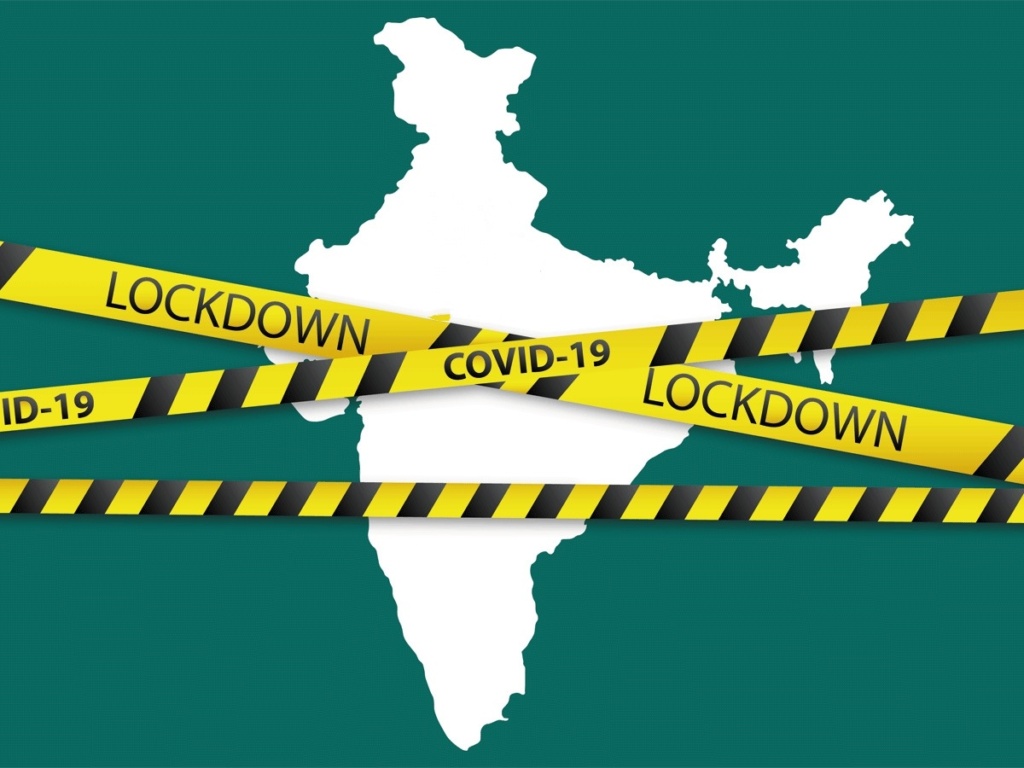To make a business successful one needs to trust the developer, have faith in the team’s ability for its error free execution, and successful implementation. The CEO of Oddy uniwraps, Mr. Atul Garg after explaining the idea to the sale management and HR team must be able to, honestly, rely on their effort for the idea’s fruitful achievement. The idea further travels to the business experts to ensure marketing which earns profits to the company. The business expert elaborates the ideas, and tips for the growth of the business. They begin with setting the base for small or near-term business goals, which sets the accessibility for the medium-term goals and finally sets a conceivable platform for the future or long-term business growth tips.
First step

- The foremost step is calculating the amount of capital to be invested, and the available capital. The sources of capital, along with the share of different investors. Amongst the available capital and partners, some might be silent partners who does not have any role regarding running of the business and will only be part in the profit coming from the business. Another important role is finalizing the place of business, ware-houses, and sellers.
- The formation of team includes members which can be relied upon and trusted during thick and thin times. These members participate actively, during the discussion regarding the capital and distribution of funds, where every member contributes equally in the capital.
- These partners further analyze the business goals and the available machinery/equipment. Machinery and equipment the visible and silent investors/partners need to buy or rent for business implementation.
- Assigning role/job to every member according to their abilities, and roles decided by the team after mutual agreement.
- Finally, write down everything do categorize these tasks for better memory.
Second step

- The second step involves looking for the prudent customers who will be willing to purchase the products in which the producers have willfully invested.
- Shortlisting the available customers and engaging the HR and sales teams in coming up exclusive deals and offers to attract the customers. The deal/offers should be such that the company does not have sped out of their own pocket.
- Speaking with the state and regional officers to discover the areas that are open, and prudent to new development. Shall the company prepare itself to expand to any of these areas, or perhaps relocate to a bigger facility?
- Speaking with the real estate agents and professionals to find industrial location. Demographic and industrial factors.
- Trustworthy and hardworking workforce or labor, depending upon the nature of the work.
- Fluent and frequent transportation if the nature of work requires the same for smooth transition of the business.
Discussion of market lessons and market strategy with the executives, and key factors for success of the business. This step also includes factors relating to successful business processing.
Third step

- After the prescribed teams ascertains and locates the keys for success in business it is the time when the newly established business starts earning profits.
- The third step, after earning profit looks to expand to any of these areas, or perhaps relocate to a bigger facility
- This steps also involves measures to explore into newer communities, and to heck out aging neighborhoods, they can “turn over” to younger; which can bring more sales of the product to affluent families.
- The above step contributes to the products initial aim, for greater growth opportunities. All this combine helps the product to aim higher and look for future growth opportunities.
- The final step invites customer feedback because the eventual aim, is to explore customer needs for providing better customer services.This step includes following a strategic growth plan and to think big and aim higher.
All the steps and pointers impart knowledge regarding what makes a business successful or how to run a successful big/small business? All above points and sub point gives us ideas relating to small business and entrepreneurship. Here we learn how to manage a small profitable business.
Tips for successful and profitable business?
Interesting question, as to why come after the business has been established?

It is normally, post-establishment that we realize why we started the business in first place. And what shall we do to make our business more successful and profitable.
Why do business fail?
Of course, there are, various of reasons why a business might fail. According to valid sources and reasonable points; there are a few that are more common than others:
- Scrapped plan: A great product/service or item will get you nowhere if there are many more in the market, fulfilling the same requirement or there is zero need for the same. The producers and manufacturers must be diligent and careful regarding their market research. They must perform an in-depth search before launching the product. These are essential in the early stages and must before launching any products/service.
- Expenses or No funding: Launching product/service, building a business and effectively maneuvering it is expensive. Expensive in term of both manpower involved and money induced. Further, you need capital, investments, loans, and/or revenue to get you through the lean times.
- Barbaric staff: Mostly, the most literate and able candidate, owners and entrepreneurs have the most needless and useless people surrounding them. Who often indulge in complimenting the owner every time? This later makes them realize, they were surrounded by wrong people.
- Wrong pricing: If your product prices are very high and you further limit your customer selection base. On the other side, if they are too low and you are not pulling in enough revenue to stay afloat. It’s a very, very fine line.
- Poor planning and execution: A proper strategy and planning is the first step for every business to succeed. Proper planning gives a clear direction to the business to achieve its objectives. Solid long term and short-term planning are necessary for a business to survive. Impending goals and faulty planning can be a big reason for a business to fail.
- Fearing change: Nothing is constant but change! The business world is very dynamic and gets affected by many external factors like change in political parties, social issues, environmental factors and so on. Inability to quickly adapt and resisting change can make a business prone to failure. Successful entrepreneurs embrace change and do the necessary adjustments required to sustain in the market. So, do not fear change or else your offerings will become obsolete.
- Misjudgment:The most known reason which worth mentioning for why companies go out of business is underestimating the competition.Provided you are running a sound business, and have brief business model, plenty of funds to operate and the necessary management skills to be successful, you still face one daunting challenge: the competition.You may be a David surrounded by several Goliaths; that’s particularly true if you’re in the retail trade, located where there is an abundance of big box stores.Also, you must consider disruptive startups who may be building a better, cheaper, faster, more convenient, higher-quality mousetrap.
- Lacking the mind set: Before jumping into the business you should ask yourself whether you are ready for it. You reflect your traits in your business. To get a successful business the leader should have entrepreneurial qualities. That does not mean every entrepreneur has the same personality. Though there are few key traits you can find in almost every successful businessman. An entrepreneur is patient, confident and does not fear struggles. He or she should be a problem solver and a quick decision maker. Finally, an entrepreneur is the one who is very passionate about his business.
- Absence of management: the staff in the absence of the boss, or supervisor loses its efficiency and behaves more like it is holidays. The absence of command leads to drop in work which later leads to drop in business.
- Lack of passion: If you’re already thinking about owning a business, it’s safe to say that you have the ambition that’s required to be an entrepreneur. However, what is the reason you want to start a business?Is it just because you want to make a ton of money and then never work again. Sometimes it is because you’re tired of driving in to work every day and sitting in the cubicle, day in day out?














